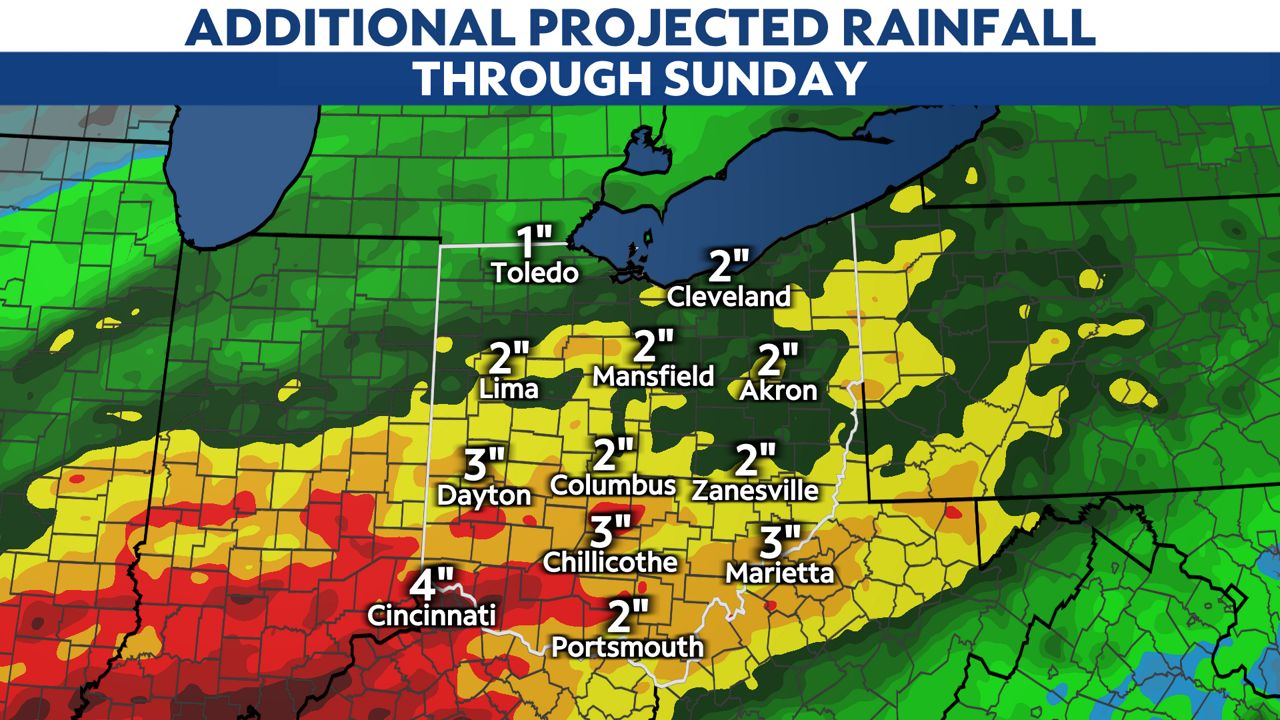NEW CASTLE, KY—John Smith started farming when he was 10-years-old. 2018 gross product sales totaled $57.75 million. Farmers were paid nearly $17 million last year from hemp processors. 2019 sales totals expected to surpass last year's numbers by the end of 2Q. On Smith's 15 acre farm northeast of Louisville he started recently growing industrial hemp. Smith was an applicant to Kentucky's hemp pilot program and now hopes to grow it on a regular basis since the 2018 Farm Bill decriminalized the plant. Industrial hemp is legal in Kentucky. It's not in Ohio. “There's no textbook to teach you how to grow this,” Smith said from his family farm. “So you've got to learn by trial-and-error, or I did.” Last year, Smith said he was unable to harvest his hemp crop due to mistakes with the plasticulture farming method he used and the seedlings. Smith planted about 1-½ acres. He estimates he lost about $5,000 in input costs. Had the crop bore successful, he could have made between $10,000 and $15,000. Smith will oversee between 4-½ and 5-½ acres this year. In addition to the 15 acres at his main farm, he has another 100 acres nearby. In total, he oversees about 4,000 acres at various farms. He says the potential payout from industrial hemp is worth pursuing. “It has been in the past because the supply and demand curve has been going up dramatically. But there's going to be a point where, and it may happen this year if all the stars align, that there's going to be an overabundance of supply. And who's going to buy your product?” Smith has problems with processors in the past. During the trial program he waited 18 months to get payment. So Smith and his wife Phyllis decided to do their own processing. He grows the hemp, she makes the CBD-based products and sells them through her company, Essentially Hemp. “I suggest anybody that's wanting to grow this, they should do a lot of homework first. Get a processor down, make sure he's authentic and trustworthy. There's a lot of deceit in this industry.” Kentucky was the first state to seek USDA approval for its hemp program following Senator Leader Mitch McConnell's efforts to remove hemp from the federal controlled substance list. The Kentucky Republican pushed for the removal with Kentucky farmer's in mind. “This industry is real,” said Ryan Quarels, Kentucky Department of Agriculture Commissioner. “It's providing an opportunity as an alternative crop for farmers.” In 2018, Kentucky hemp processors reported $57.75 million in gross product sales, according to date from KDA. Kentucky hemp farmers were paid nearly $18 million. Total sales in 2017 only totaled $17 million. The state is also seeing a huge influx in people wanting to get into the hemp industry. In 2018, the state approved 210 growers. This year, 1,047 applicants have been approved and more are expected. Quarels expects Kentucky hemp sales to surpass 2018 totals by the end of June. “Although this crop may only represent a small sliver of Kentucky agriculture, it is the fastest area of growth and we are really proud the 2018 Farm Bill legalized the crop for the first time in two generations,” Quarles told Spectrum News 1 during an interview from his office in Frankfort. “So as Kentucky moves forward we hope other states do as well.” Quarels said the KDA makes sure farmers and processors are aware they are absorbing the risk of industrial hemp. As in Smith's loss last year, he had to eat the cost. The USDA is still working on hemp subsidies and insurance. Quareles said the USDA is still likely two to three years away from finalizing a program. “A lot of issues still to left be resolved with hemp,” Quarels said. “We have issues with our banking institutions who may be a little hesitant to do bank with hemp farmers. We have issues with the FDA. The uncertainty of knowing what they may or may not do with cannabinoids, such as CBD. We also have issues with making sure our government officials are aware of the new legal status of industrial hemp. There is a lot work left to be done. We do caution our participants about the risk involved. But for a lot of our folks, they're making hay and they're making products that people want to buy.” Hemp isn't just CBD oils, products that are mass-marketed to American consumers. During World War II, industrial hemp was used for the military, like uniforms and rope. Hemp can also be used in construction materials, paper, and clothes. There are limitations to what hemp can be used for in Kentucky, but Quarles said as the industry evolves his office will analyze administrative regulations that may no longer be necessary due tot he farm bill. No changes are expected in 2019. Industrial hemp was outlawed in the 1970s on misconceptions about its relationship to marijuana. A person cannot get high from hemp. Quarles said its important for Kentucky to be at the forefront during the resurgence of the hemp crop. During its heyday, Kentucky was the leading producer of hemp. Ohio SB 57 was introduced earlier this year and would make industrial hemp and CBD oil derived from hemp, legal. The Senate voted unanimously Thursday to approve the measure, which now heads to the Ohio House. If SB 57 becomes law, it would go into effect in March 2020 but a plan to grow and process industrial hemp in Ohio would first need to be approved by the USDA. |
FARMING
Is Ohio Missing Out? Kentucky Hemp Industry Is Booming
PUBLISHED 11:03 AM EDT Apr. 01, 2019










